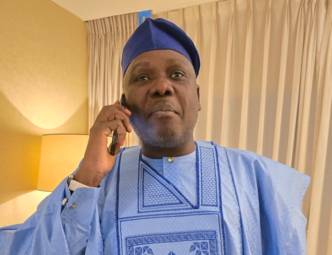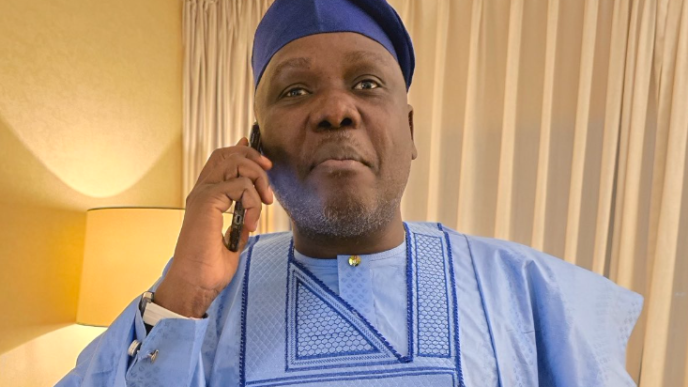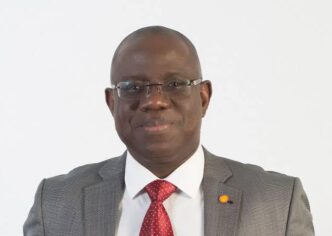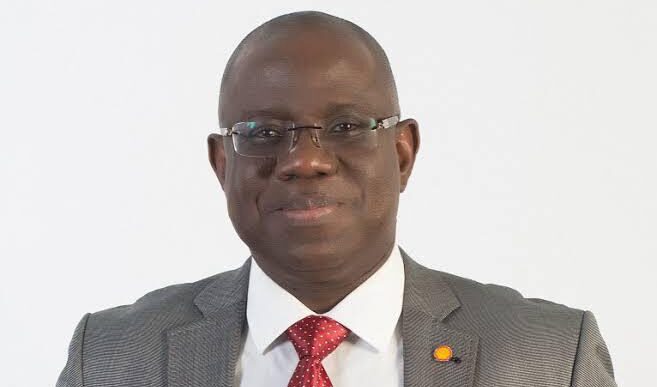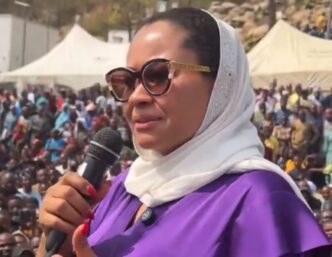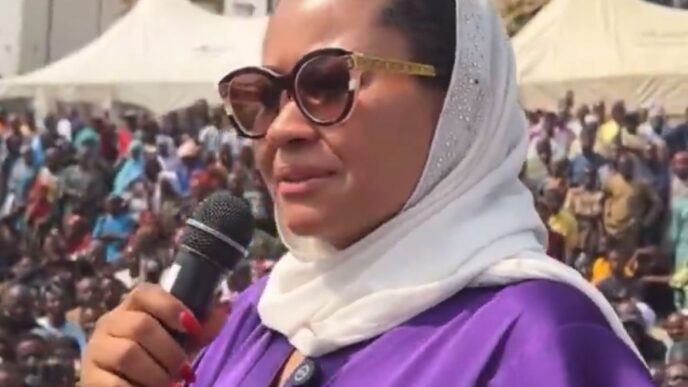Charity Omole (in green in front), a member of Kogi central constituency, submits petition to recall Natasha Akpoti-Uduaghan at INEC office on March 26
Oluwole Osaze-Uzzi, a former director of voter education at the Independent National Electoral Commission (INEC), says a recall process for lawmakers is akin to conducting three elections.
Osaze-Uzzi spoke on News Night, an Arise TV programme, on Tuesday.
“Money is necessary for all processes. It can be the corruptive influence of money that we were talking about. INEC will spend a lot because if it goes through the whole process, it is akin to conducting three elections,” he said.
He explained that the process begins with the verification of signatures, which must be done at the polling unit level.
Advertisement
“Verification officers have to go to the field, verify signatures, and all those who endorsed the petition must be present. It requires mobilisation — printing materials, deploying personnel, and setting up logistics — which costs money,” Osaze-Uzzi added.
The ex-INEC official noted that voter turnout in Nigeria rarely exceeds 50 percent, adding to the complexity of the recall process.
“People have to come forward to confirm their signatures, which requires further mobilisation. INEC will mobilise, the legislator being recalled will mobilise, and petitioners will also mobilise. And at the end of it all, INEC will have to demobilise — again, that’s money,” he said.
Advertisement
“Both the petitioners and the legislator will have to spend a significant amount. And of course, there’s the underhand money — bribery, what we call vote-buying — it happens even in a recall referendum.”
MOVES TO RECALL NATASHA AKPOTI
On March 26, INEC notified Natasha Akpoti-Uduaghan, the senator representing Kogi central, of the petition by constituents seeking her recall from the national assembly.
Akpoti-Uduaghan recently accused Senate President Godswill Akpabio of sexually harassing her.
Advertisement
The allegation came in the wake of her seating arrangement altercation with Akpabio.
She was subsequently suspended from the senate for six months for “gross misconduct” over the incident.
The constituents behind the recall move accused her of “gross misconduct, abuse of office, and deceitful behaviour”.
The senator has denied any wrongdoing and described the recall effort as a “coordinated suppression” of her voice.
Advertisement
No Nigerian lawmaker has been successfully recalled since the commencement of the fourth republic in 1999.
Advertisement

